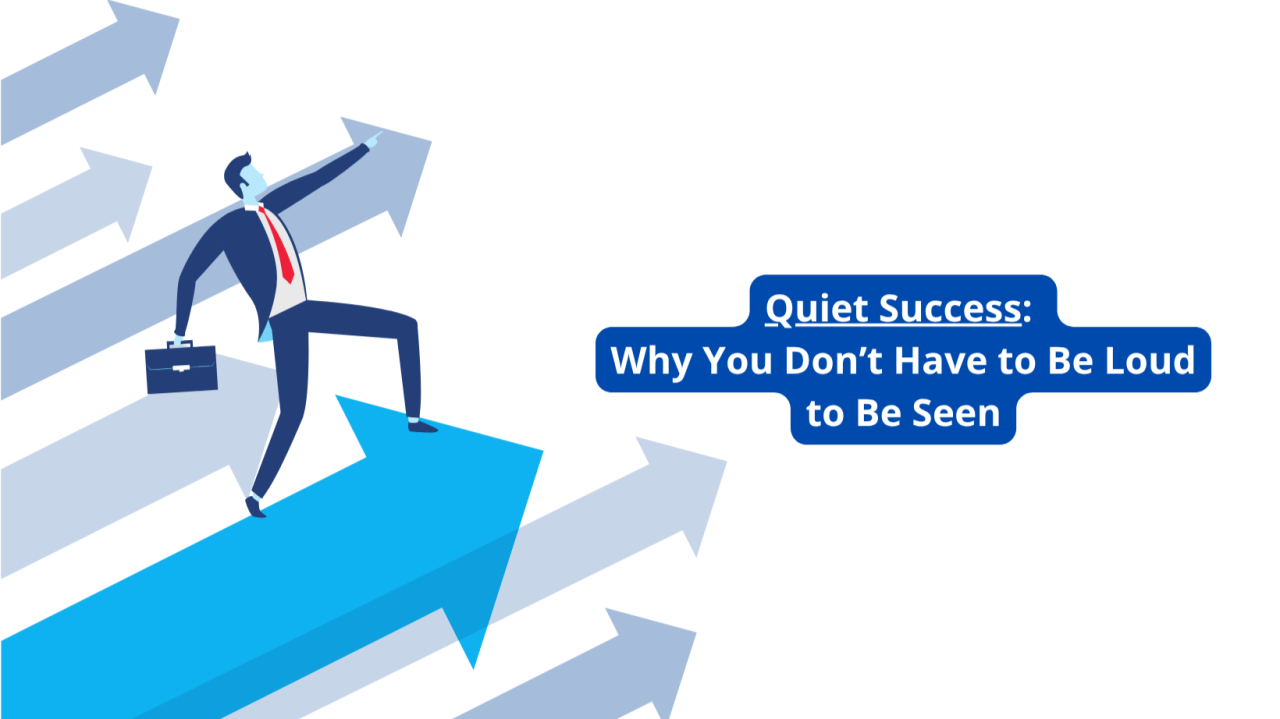I Gave Up Alcohol and Nothing Happened — Here’s What I Learned

Deciding to give up alcohol is often accompanied by high expectations. People imagine a flood of benefits: better sleep, weight loss, sharper focus, glowing skin, and a newfound zest for life. So, what happens when you quit drinking and… nothing seems to change?
If you’ve felt that way, you’re not alone. Many people give up alcohol and don’t experience instant, dramatic transformations. And that’s okay. Here’s a deeper look at why this happens — and why your health journey is still moving forward, even if it doesn’t feel like it.
1. The Myth of Immediate Results
One of the biggest misconceptions about quitting alcohol is that life should change overnight. In reality:
Physical changes like improved sleep or weight loss can take weeks to show.
Mental clarity and mood improvements often emerge gradually, not instantly.
Social and emotional shifts require time as your habits and environment adjust.
Expecting dramatic results in the first week or two can make it feel like “nothing happened.” But much of the transformation is subtle, building under the surface.
SEO Keywords: quitting alcohol benefits timeline, what happens when you stop drinking, alcohol-free lifestyle results
2. Your Body Is Still Recovering
Even if you feel the same day-to-day, your body is quietly repairing itself. Alcohol affects nearly every organ — your liver, gut, heart, and brain. The process of healing takes time.
Liver: Starts repairing fatty deposits within days but full recovery can take months.
Sleep cycles: Deep, restorative sleep improves slowly as your body recalibrates.
Brain chemistry: Neurotransmitters like dopamine and serotonin rebalance over weeks to months.
So while you may not see a glowing new you yet, your body is quietly doing the hard work behind the scenes.
SEO Keywords: liver recovery after quitting alcohol, alcohol detox timeline, health benefits of alcohol-free living
3. Habit vs. Health Benefits
Sometimes the “nothing happened” feeling comes from confusing habit change with life transformation. Quitting alcohol is not a magic button — it’s one step in a long-term lifestyle shift.
If you still spend evenings on the couch scrolling or eating the same junk food, your overall energy and mood may not dramatically change.
Alcohol is only one factor in well-being. Sleep, nutrition, exercise, stress management, and social life all play roles.
Think of quitting alcohol as laying a foundation, not flipping a switch. The real benefits accumulate over months, not days.
SEO Keywords: lifestyle changes after quitting drinking, alcohol-free health tips, why quitting alcohol feels like nothing
4. Mental and Social Adjustments
Even if your body feels better internally, your mind and social life might take longer to adapt.
Social cues: Drinks often accompany social events, so you may feel awkward or left out.
Emotional habits: Some people drank to cope with stress or boredom. Adjusting to new coping mechanisms takes time.
Expectations vs reality: If you anticipated an immediate emotional “high,” the absence of that can feel disappointing.
These factors make it seem like “nothing happened,” but they’re part of the mental recalibration process of living alcohol-free.
SEO Keywords: mental health after quitting alcohol, social challenges alcohol-free, coping without drinking
5. Small Wins Matter
Just because you don’t see dramatic change doesn’t mean you haven’t made progress. Celebrate subtle improvements:
You wake up without a hangover.
You save money on drinks.
You notice fewer mood swings over time.
Your skin may gradually improve.
You’re less prone to dehydration and headaches.
Sometimes the benefits are incremental, and the biggest changes show up months or even a year later.
SEO Keywords: benefits of quitting alcohol slowly, alcohol-free small wins, why quitting drinking feels slow
6. How to Maximize the Benefits
If you want to feel the change more clearly:
Track your progress: Keep a journal of sleep, mood, energy, and money saved.
Improve other habits: Pair alcohol-free living with exercise, nutrition, and mindfulness.
Be patient: Your body and mind need time to adjust.
Seek support: Online communities or local groups can help reinforce your commitment.
Focus on mental health: Therapy or meditation can help you process emotional changes.
SEO Keywords: how to feel benefits quitting alcohol, alcohol-free lifestyle tips, lifestyle changes for sobriety
Final Thoughts: Just Because You Don’t See It, Doesn’t Mean It’s Not Happening
Quitting alcohol is a process, not an event. Even if it feels like nothing has changed, your body, mind, and finances are all quietly benefiting. The real magic often happens over weeks, months, or even years — not overnight.
Instead of measuring success by instant gratification, focus on the long-term journey. Celebrate small wins, adjust your lifestyle, and trust that your decision to quit alcohol is a powerful investment in your future self.









